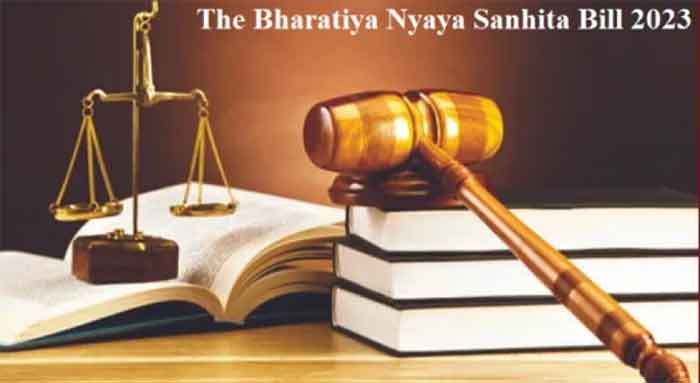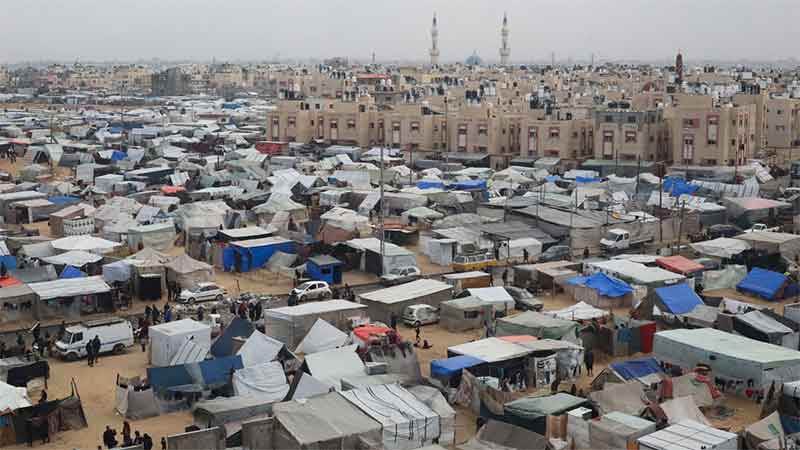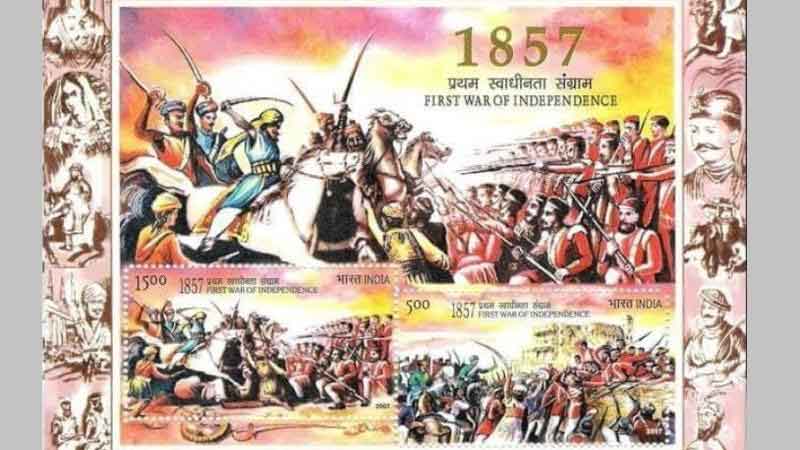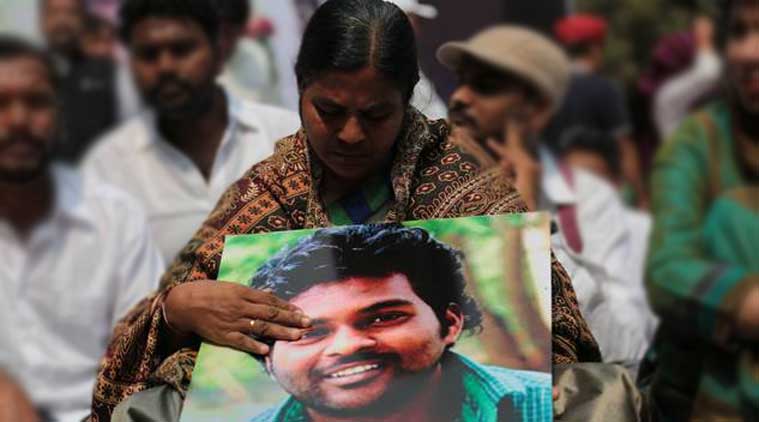
The BJP spokespersons are lauding the newly dressed and christened penal code of the country as a refreshing native product,free from the traces of colonial origin.The authors of the code have claimed they have purified the IPC of its colonial character, and thoroughly ‘Indianized’ it.One would think they meant by it a code worthy of a free democratic country.But it seems the powers of the police who have been rampaging all over the space between the commission of an offence and the delivery of justice have been enlarged rather than regulated and restrained.Now it seems a suspect or an accused may be held by the police for interrogation for as long as ninety days on certain occasions.Which does not seem designed to sustain or enhance civil freedom.
We therefore have every reason to study the new code closely and carefully.Significantly the original IPC of 1860 which held sway in this country long after independence had been framed by the same person as the propounder of the much exfoliated colonial educational policy,Thomas Babington Macaulay.That is to say,the intention behind it must have been very similar,that of shaping loyal subjects of the colonial empire.
The colonial empire not only meant occupation of a land and establishing a regime that thrived on enslavement of a people as well as imposition of an alien rule,but an attempt at a wholesale alteration of its system of property and political relationships between ruler and subject and among subjects.Not that it eradicated crisis though it could generate loyalty and legitimacy.
All codes of law in class societies are intimately linked to property.Under bourgeois system private property is the norm sought to be extended to the farthest limits of production of wealth.And colonial empires known to our age are also of bourgeois origin. But the colonized country may also inherit and exemplify other forms of property.For example over vast stretches of land covered with forests,the habitat of tribal people,land was not private property and therefore not amenable to buying and selling,and was not a source of private wealth.The cruel and systematic attempt by greedy merchants,landlords and moneylenders to turn it into a commodity that yielded wealth to owners under British patronage provoked serious tribal unrest and triggered the celebrated Santhal rebellion that could be put down with difficulty by the British.
Likewise the rendering of tribute by subjects to feudal landlords had been changed to the relationship between owner and tenant(raiyat) who is obliged to pay exploitative rent in cash or kind or lose possession of his land. The colonial state thus imposed a system of property upheld by laws on hapless native people and interposed between them and the government classes of intermediaries who were entitled to a share of colonial rent for their pains in collecting rent. In many parts of the country the officer in charge of administration of a district is still called a District Collector.
Throughout the colonial Era and the better part of time since independence the country suffered further extension and ramification of property,so that all natural sources of sustenance for common people like land,water bodies,forests gradually lost their common character and turned into sources of private wealth.At this very moment the BJP governments in states are earnestly carrying out instructions of a sharply worded strict letter from WTO urging removal of all present hassles and complexities in land ownership that can make it more amenable to transfer and sale.The intention is presumably laying the ground for massive grab by giant agribusiness firms.The ‘Indianised’ penal code is expected to fit in with this context. No doubt there will be subtle changes in words and phrases to facilitate the transition.The new context is one where all traces of traditional or customary common ownership are junked and hugely expanded gigantic private firms or enormous mining companies dominate the scene.
This is seen in action in current systematic campaigns in Odisha and Madhya Pradesh to exptlropriate native tribal communities of their age-old habitat and drive then into marginal subsistence and worse.The government presides over this process and system.In the interior of the country the new labour code deprives labour of hard-won rights and private profit triumphs monopolistic expansion pushes MSME small firms into a corner.Farmers find it ever harder to subsist on their own.Withering exploitation ar an extremely exploitative pace generates suffering and resistance.The rule of monopoly requires the state to acquire ever more oppressive power to overcome the challenge of the mortally exploited.
The ‘Indianized’ penal code is born out of this context and is certain to contain provisions appropriate to it.If the Sedition law gets removed as a colonial anomaly,the UAPA gets armed with far greater reach and with sharper teeth.
The new constitution proposed,of which we have a prior glimpse in the newly penal code embodies not only the enhanced level of expropriation of the common people but also keener sense of possible and growing popular discontent with and resistance to that process.The ideas of crime and criminality in the new constitution are likely to be shaped by enhanced sense of risk and threat to the rulers and their henchmen,and thus the upshot is likely to be harsh and despotic counter-measures.
Consequently crime is likely to become more a matter of definition of state agencies than the traditional familiar act of violation of certain norms.The incidents at Nuh in Haryana or for that matter in the Delhi riots a few years back give us an inkling of the way things are taking shape. The police do not register the FIR on murder of innocents,but first invoke a prior crime of cattle smuggling or conspiracy to disturb law and order by the victims. Thus in stead of the victims it is the police who conceive the crime,changing its definition altogether.Any opposition to the rulers is criminal in this new definition.
When vocal advocates of a new constitution clamour that ours is a ‘colonial’ one,they leave it vague though urgent.Let us ask them exactly where and in what way the prevailing constitution is colonial and how they are going to reform it.That could expose the hidden hand behind the new enunciation of crime and criminality.
Hiren Gohain is a political commentator










































